III - Finding stages in unusual places
From unusual stages to improvised Shakespeare and the importance of the Playback Theatre ritual!
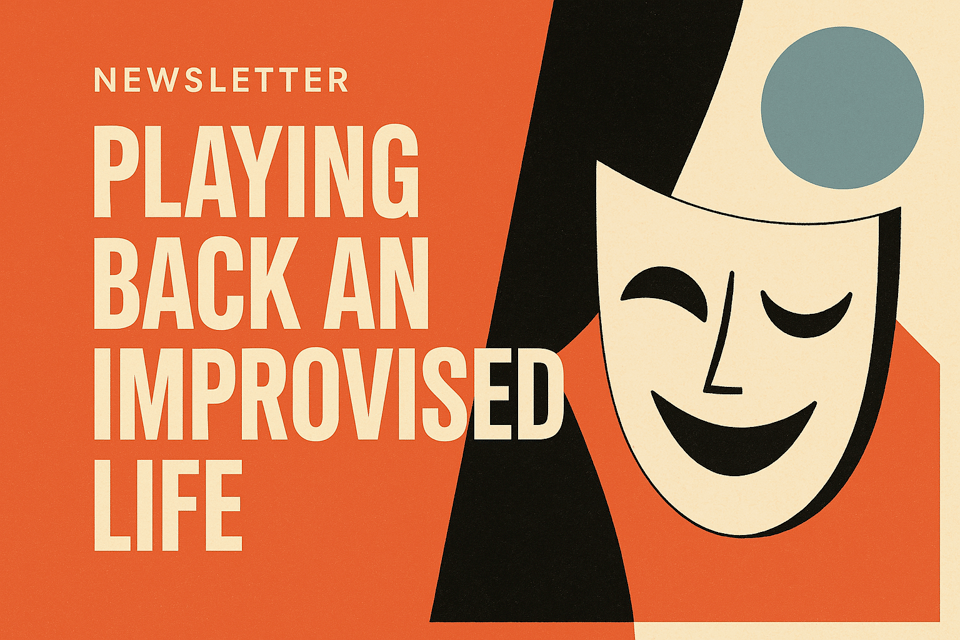
Augusto Boal said that you can do theatre everywhere, even in theatres. Omitting conditions and resources, he is quite right.
Improvisers, applied theatre practitioners and Playback Theatre troupes rarely perform in a non-unusual place. Improvisers are used to rooms associated with pubs, and the few chances to step into a proper stage require investing on booking a theatre space or attending to a festival. In applied theatre and Playback Theatre, performers visit community spaces so the chances of finding a “proper” stage are also thin, but we always make it work. We have to. As Peter Brook said, theatre is older than stages.
I’m writing this from the LNER train to Aberdeen, Scotland. Although I’ll be stopping at Leuchars to go from there to St Andrews. Going there to do Playback Theatre has become now an April tradition, this is my 4th year in a row participating in this project sponsored by the University of St Andrews, organised by transept and hosted at the Saint Andrew’s Episcopal Church.
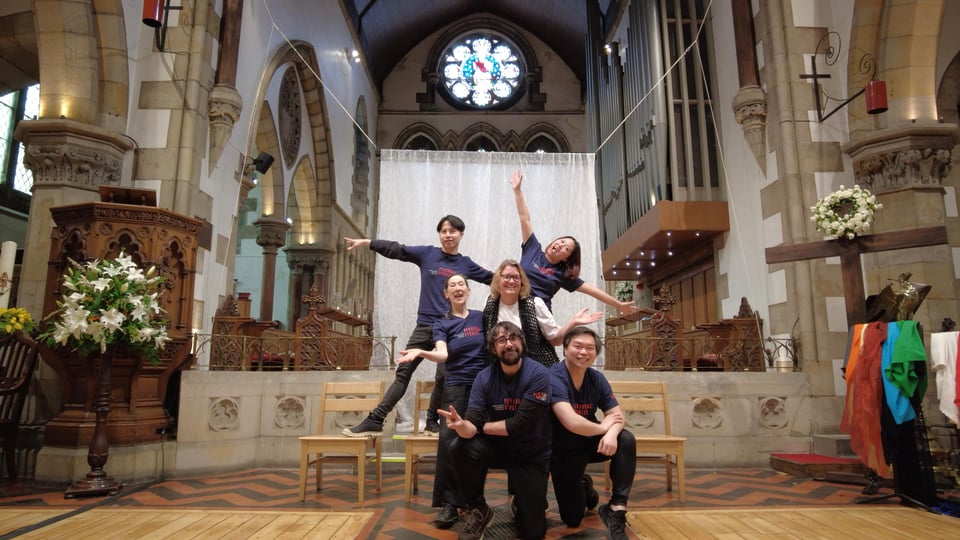
I like performing in churches. Despite being an atheist and despite big spaces not having the best acoustics. You don’t need to believe in something to appreciate man-made architecture. One of my favourite performances ever was at the Julieta Agustí theatre in Lleida, Catalonia, which was an old convent beautifully turned into a performing space. Almost twenty years has passed and I still think of it sometimes. Since then I’ve performed, among other places, in corridors of care facilities, lecture halls with narrow stages, school gyms, music rooms, museum stairs, indoor patios, an old shoe shop turned into a bookstore… and looking forward to find new interesting ones.
What are the most unusual places you’ve perform?
🧠 On improv
There are a lot of genres in improv. They are basically shows tied to a particular style like noir, sci-fi, murder mystery, musical theatre, etc. Many of the genres I could find and see, don’t appeal to me. Sometimes it’s because they are not my cup of tea, sometimes it’s because I think “Oh, I could never be able to do that”. One example of the latter, for me, has always been improvised Shakespeare plays. Obviously it’s because of the language, I struggle enough with improvising in English so I don’t want to add another layer of complexity on top of that, and that might be old English.
Last week I started a course facilitated by Chris Mead on improv using the style of different playwrights. The first one was the one I dreaded more: William Shakespeare.
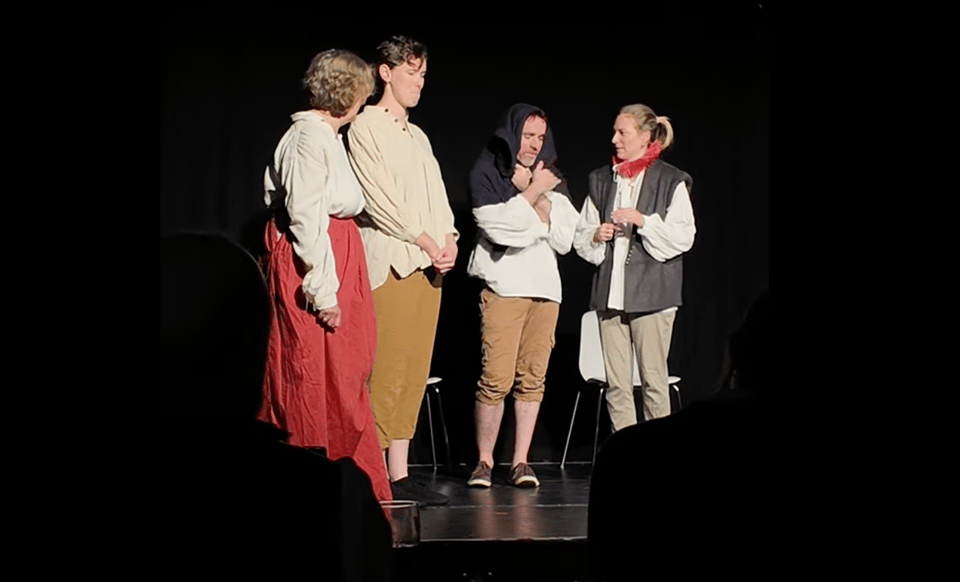
Chris made me change my mind though. It’s not about what you say but how you say it. Getting familiar with the metric of the sentences is way more difficult than the old English vocabulary, which you don’t have to use at all. It’s a fun challenge and quite satisfactory on the few times you manage to get it right on your first try. Now, with a little bit of work, I could definitely see myself trying improvising a Shakespeare play. Thank you, Chris!
The moral of the story is, kids, never think you can’t do anything until you try it. There, put that on a coffee mug.
🪑 On Playback Theatre (PT)
Despite being an improvised art form, Playback Theatre has a clear structure that we refer to as the ritual of the performance. Whenever I see any other Playback Theatre company perform, that’s the thing that I am most critical of.
This is the way that we chose to present the performance, not only the face of it, but of the company as well. This is the only thing that we can control and rehearse, so when not done properly it cringes my gears!
The actors have to move gracefully, coordinate when and how to seat and/or reset the stage together between reenactments.
The ritual begins with the space, and there are many ways of setting up and treating the space, most of them are valid as long there’s some consistency on it.
One example is how a company treats the chairs. The chairs are used by the actors to seat and listen to the stories from the tellers before playing them back. The chairs represent an allocated space for listening. I think it’s very important to establish a boundary between the place for listening and the place for acting. Whenever I see this boundary broken, something inside me dies.
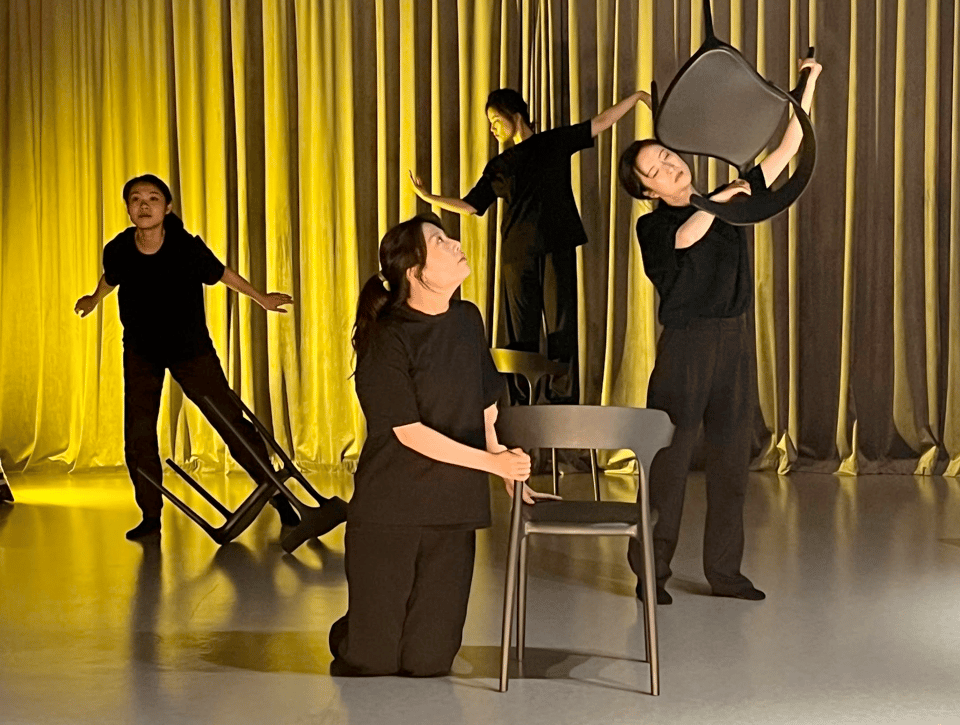
Using the chairs during the reenactment, while they are still in the listening space, from my perspective, breaks the ritual. An actor who wants to use a chair during the reenactment must bring it to the performing space.
Many East Asian playbackers, that I’ve seen performing, found an elegant solution to that: getting rid of the chairs before starting the reenactment. Taking the chairs gracefully to the sides, establishes perfectly the distinction between time to listen and time to play. That is something that I miss sometimes watching Western Playback Theatre.
This is only one little example of the things we could do to present a neat Playback Theatre experience to the audience.
🎭 On Theatre
I took a break on contemporary Valencian/Catalan theatre to read a classic. Henrik Ibsen’s Hedda Gabler is a good play but not my favourite from the Norwegian playwright, although I must admit I haven’t seen or read all of them.
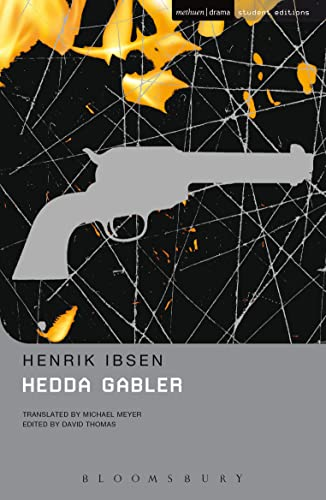
My favourite Ibsen play is An Enemy of the People, due its heavy sociopolitical content, and social commentary is something also present in Hedda Gabler but in a subtle way. Ibsen was able to create an interesting loom of relationships between characters, from different backgrounds and status, in this play, heavily painted with precise scene directions. The main character, Hedda, appears as a rude and manipulative character, but it can also be seen as a victim of societal expectations trying to do whatever possible to achieve certain status.
I enjoyed it, yet its conventionality kept me from finding it as inspiring as other contemporary plays.
🗣️ Shout-out!
As actors, our voice is our asset and the main mean to our livelihood. Specially if we also facilitate. Having a vocal coach is crucial if you want to take your craft seriously, that’s why I regularly attend vocal coaching sessions. And better doing it with a friendly face.
I met Anibal more than twenty years ago, when we were youngsters attending japanese manga and anime conventions in Barcelona. Back then we couldn’t imagine we would both end up living in the same city while being professional performers and facilitators.
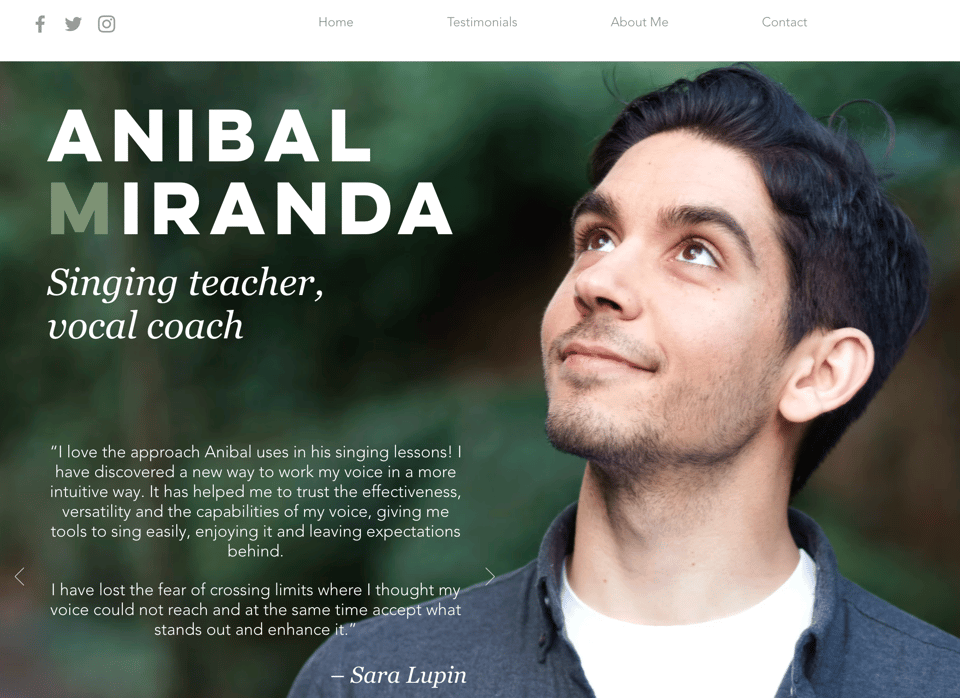
Anibal made it to London way before than me and trained at Royal Central School of Speech and Drama. Of course I had to reach out when I moved here. I’ve been working with him for more than three years now, and he has helped me a lot when it came to knowing and working with my voice better, specially when singing.
If you need a vocal coach when focusing on singing, reach out to him, you won’t regret it.
📆 What is cooking?
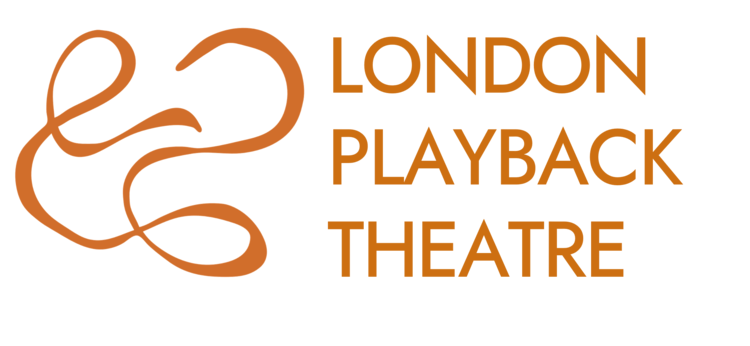
Last call to join us in our Playback Theatre core training intensive this weekend! The London Playback Theatre team would love to see you at Clean Break in Candem. Click here for more info.
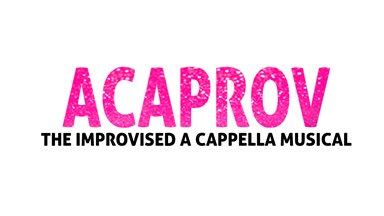
Brighton Fringe is here! You have many chances to see Acaprov there from the 2nd to the 5th of May. You can get tickets here.
📚 🎮 🎥 📺 The geeky dessert
This Sunday, May the 4th, is Star Wars day! Yay! Like many others, I grew up with Star Wars movies and got pretty obsessed with it, watching the movies in loop and playing with the Kenner figurines. I never got the Jabba the Hut playset for Xmas though, it was too expensive for my modest household. I did get the Grayskull castle, though!
As an adult I continued consuming most of the additions to the saga, and got to appreciate the lore, which is now huge. But I’m not like a hardcore fan ready to get upset with every single new Star Wars project because doesn’t fit a subjective idea.

Currently I still have to finish The Skeleton Crew, basically Star Wars for kids, and I’m catching up with Andor series, which is the ont he other side of the spectrum being the most adult and political approach to the lore. On the interactive side, I’m replaying Jedi: Fallen Order and enjoying Star Wars Outlaws campaign.
I do all of that casually, at the end of the day, Star Wars isn’t something to be serious about. It’s just average science fiction, adventure stories. It’s just entertainment and a big piece in our current pop culture.
May the 4th be with you!!
✨ That’s all folks ✨
Thanks for reading Playing Back an Improvised Life, a newsletter by Ferran Luengo.
If you like it, spread the voice and share with someone who you think might enjoy it.
If you want to keep in touch, feel free to follow me on instagram (@luenkun).
Want to work with me or start a conversation? email me 😀
Want to support me? You can do it through my Ko-fi page

Ferran Luengo
